![[Java 실무 프로젝트 심화편] Spring Core + H2 기반 푸드 트럭 키오스크 시스템 제작강의 썸네일](https://cdn.inflearn.com/public/files/courses/336594/cover/01k8hetsq20rg69zw5ve0q5729?w=420)
[Java 실무 프로젝트 심화편] Spring Core + H2 기반 푸드 트럭 키오스크 시스템 제작
Kevin
실무 감각을 키우고 싶은 입문 개발자를 위한 Java 심화 프로젝트 강의! Spring Core, JdbcClient, H2 DB로 구성된 콘솔 기반 키오스크 주문 시스템을 함께 만들어갑니다.
초급
Java, Spring Boot, DDD
Want to break through the barriers to entry that are reactive programming? Kevin's easy-to-understand RxJava will empower you to overcome them.
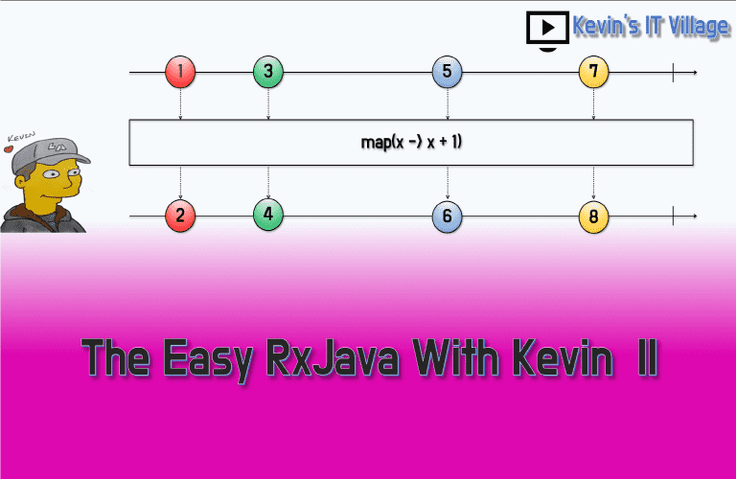
The concept of Hot Publisher and types of Hot Publisher
Concept and usage of Scheduler, a thread manager in RxJava
How to debug RxJava code
How to test RxJava code
Utilizing RxJava between Client and Server using SSE communication
🎉Kevin's Easy RxJava Part 2 Released🎉
Reactive programming , I'll teach you this again!


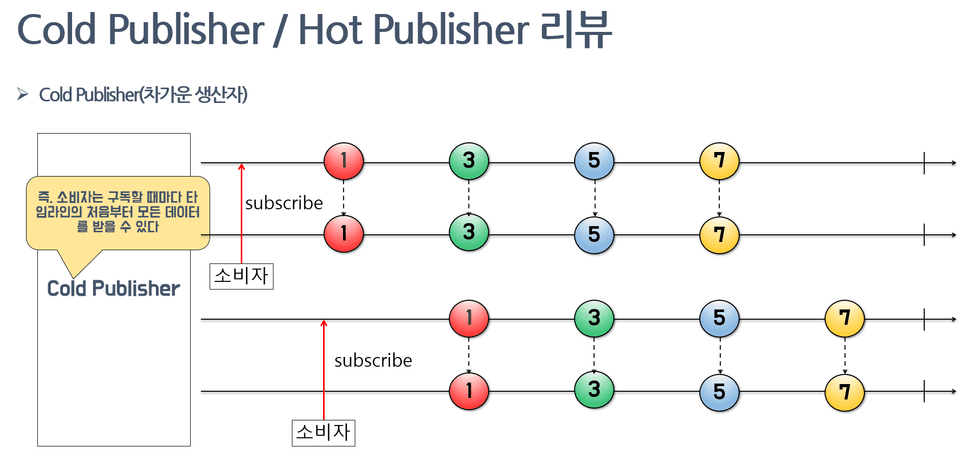
[Cold Publisher Review Lecture Materials Capture]
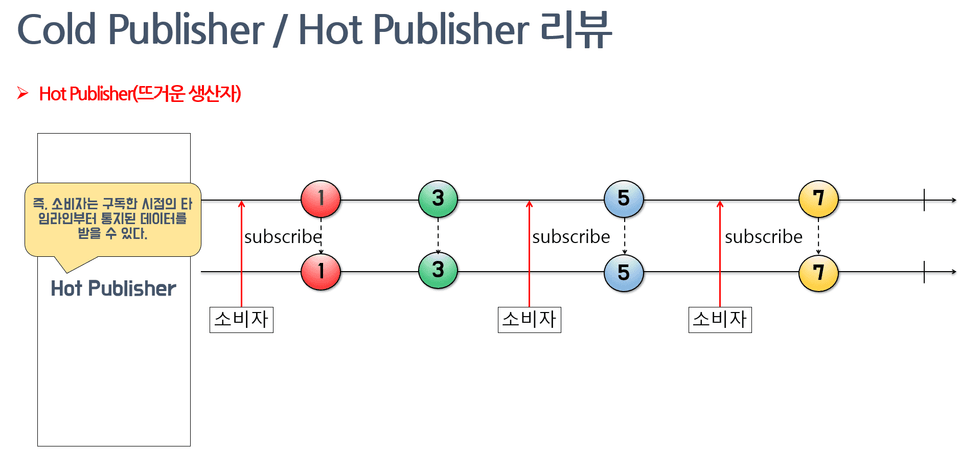
[Capture of Hot Publisher Review Lecture Materials]
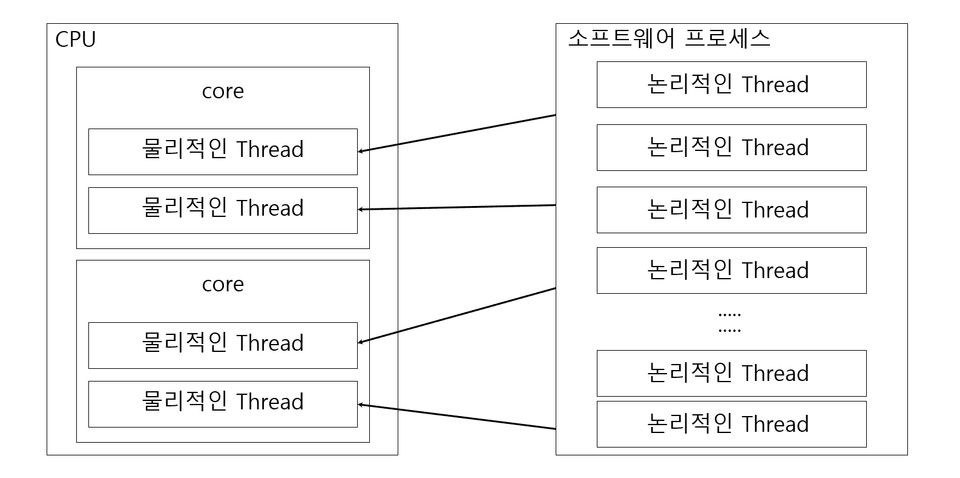
[Capture of lecture material on the concept of threads]
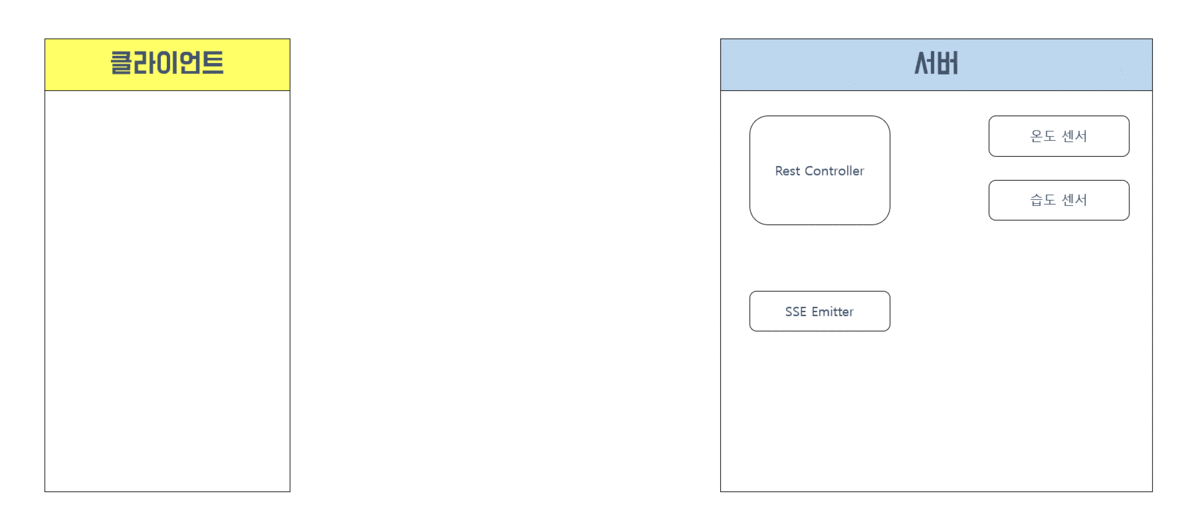
[Capture of lecture material on the flow of the hands-on project]
Show me your will and perseverance, and I'll do my best to help you overcome the barriers to entry into RxJava.
Q. Can non-majors also take the course?
A. It doesn't matter whether you're a major or not. I think anyone with a basic knowledge of Java can take this course. Incidentally, I started out as a non-major myself. ^^ However, I believe taking Part 2 after Part 1 will enhance your understanding of the material.
Q. What are the benefits of learning RxJava?
A. As I mentioned in the introduction, learning RxJava can simplify complex asynchronous programming, and in addition, it can help you change your way of thinking about programming by using declarative programming rather than imperative programming. Growing into a better developer is a bonus, right? ^^ After learning RxJava, you will be able to solidify the fundamentals of reactive programming, so learning RxJs, RxAndroid, Spring Reactor, etc. will become much easier.
Q. How are the lectures conducted?
A. Most classes proceed by first understanding concepts through lecture materials, then directly verifying them through example code. While Part 1 provided additional quizzes in addition to example code, Part 2 will not include separate quizzes.
Q. Where can I download the original example code used in the lecture?
A. All example codes explained in class are available on GitHub and can be downloaded from the address below.
• Original example source code : https://github.com/ITVillage-Kevin/rxjava-episode2
• Original source code for the practice project (server side) :https://github.com/ITVillage-Kevin/rxjava-episode2-practice
• Original source code for the practice project (client side) :https://github.com/ITVillage-Kevin/rxjava-episode2-practice-client
Q. Where can I download the lecture materials?
A. For each class in each section, we have attached the lecture materials used in the class. If you need them, please download them and refer to them.
Q. Are there any reference materials you would recommend other than the lecture materials?
A. Below are some helpful sites for learning reactive programming.
• http://reactivex.io/
This is the official site for reactive programming, and I think it's a really good site to refer to after learning the basics of reactive programming.
• https://github.com/reactive-streams/reactive-streams-jvm
RxJava can be said to be an implementation of Reactive Streams. This is the official GitHub document that defines the specifications of Reactive Streams.
• https://gist.github.com/casamia918/93b8db69beb9ee06b92a96b2a234d48e
This is a well-translated GitHub resource on reactive programming. I'd like to express my sincere gratitude for the Korean translation.
• https://rxmarbles.com/
This is a well-organized marble diagram of operators, which can be said to be the core of reactive programming.
• http://reactivex.io/RxJava/2.x/javadoc/
Finally, here's the official javadoc documentation for RxJava. As of 2020, RxJava 3.0 has been released, but it's best to simply assume that 3.0 adds a lot of new operator functions, and to solidify your understanding of the concepts with version 2.x before moving on to version 3.0.
Who is this course right for?
For those who want to overcome the difficulties of multi-threaded programming in Java.
For those who want to get familiar with declarative programming style.
For those who want to overcome the barrier to entry to reactive programming
For those who want to learn the basics of reactive programming for developing Spring Reactive Web Applications
[Kevin's Easy to Understand RxJava Part 1] Those who took the course
Need to know before starting?
Java
Difference between synchronous and asynchronous programming
6,416
Learners
246
Reviews
108
Answers
4.8
Rating
7
Courses
- 주력 언어 또는 기술 : Java, Spring Framework, RxJava, Reactor, Spring WebFlux
- (주)코드스테이츠(https://www.codestates.com)에서 Senior Educational Software Engineer(Backend)로 활동
(From 2022.03 To 2024.01.31)
- 프리랜서 개발자 및 강사로 활동(From 2024.02)
- 저서
안녕하세요? Kevin이라고 합니다. ^^
인프런에서 이렇게 강사로서 여러분들을 만나게 되어서 너무 반갑습니다.
어떤 분야든 마찬가지겠지만 특히나 소프트웨어 개발자는 끊임없이 변화하는 트렌드에 뒤처지지 않도록 항상 자기 자신을 갈고 닦는것이 개발자로써 살아남는 유일한 방법이라고 생각하며 항상 배우는 자세로 즐겁게 소프트웨어 개발을 하고 있는 개발자 중 한 명입니다.
제가 가지고 있는 지식과 경험이 다른 분들에게 조금이나마 도움이 되기를 바라면서 인프런에서 강좌를 시작하였습니다.
앞으로 수강생분들에게 현실적으로 도움이 되는 다양한 강좌로 꾸준히 찾아뵙도록 하겠습니다. 감사합니다.
질문이나 의견은 언제든지 환영하니, 이메일(it.village.host@gmail.com)로 편하게 얘기해주세요.
All
23 lectures ∙ (3hr 46min)
Course Materials:
All
16 reviews
4.9
16 reviews
Reviews 3
∙
Average Rating 5.0
Reviews 5
∙
Average Rating 5.0
Reviews 3
∙
Average Rating 5.0
Reviews 45
∙
Average Rating 4.9
Limited time deal
$33,000.00
14%
$29.70
Check out other courses by the instructor!
Explore other courses in the same field!